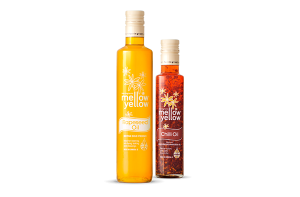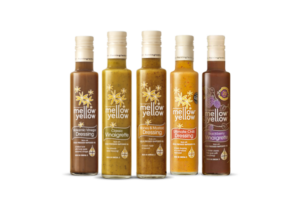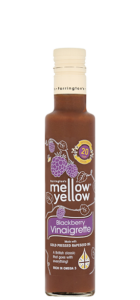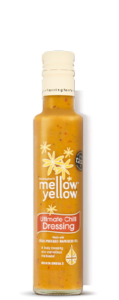Today is World Soil Day: the 11th annual global campaign focused on the importance of healthy soil and to advocate for the sustainable management of soil resources.
The theme of this year’s campaign is caring for soils: measure, monitor, manage, which highlights the importance of research and data in understanding the soil characteristics that underpin decision-making on soil management for food security.
Sustainable soil management is a priority here on our farm. We firmly believe that ‘healthy soil = healthy oil’ and as such we place a huge emphasis on researching, testing and understanding our soil to ensure we are farming the land for long-term, sustainable outcomes.
Working with esteemed organisations like LEAF (Linking Environment and Farming) and One Carbon World we have been able to achieve total carbon neutrality as part of our wider commitment to sustainability. And a huge part of this has been working collaboratively to understand the soil in which we grow our crops.
We are a LEAF Marque accredited farm and a LEAF demonstration farm that sees farmers and industry come together to look at the soil and share best practices so we can constantly evolve our approach. It’s not a one size fits all – there are challenges and a lot of hard work! But through the sharing of key learnings and information, we can constantly tweak our approach and push for more sustainable food production models here in the UK.
Put simply, we think soil is amazing and we want to do everything in our power to help it thrive. We don’t plough to ensure our soil can store as much carbon as possible. We use cover crops to keep the soil covered, adding more organic matter when needed. And we use a wide rotation of crops, alternating between 4 different crops, in addition to cover crops year on year, so if one crop uses up a lot of one nutrient, we can plant a crop that adds that nutrient back into the soil the following year.
By keeping the soil fertile and healthy, we can ensure it stores more carbon to grow nutritious crops in our fields. Because nutritious crops = nutritious food. It’s simply about respecting the land and the process to ensure the best possible outcomes for people and planet.

 Oils
Oils Rapeseed Oil
Rapeseed Oil Chili Oil
Chili Oil Dressings
Dressings Blackberry Vinaigrette
Blackberry Vinaigrette Classic Vinaigrette
Classic Vinaigrette Balsamic Dressing
Balsamic Dressing Honey & Mustard
Honey & Mustard Ultimate Chilli Dressing
Ultimate Chilli Dressing